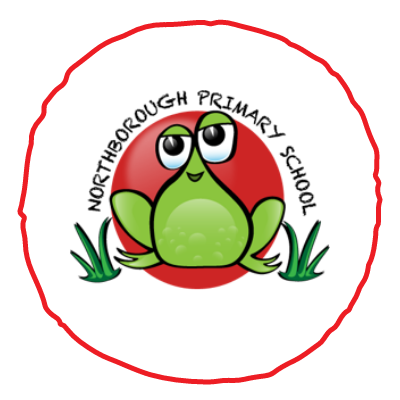Geography
Definition:
The study of the physical features of the earth and its atmosphere, and of human activity as it affects and is affected by these, including the distribution of populations and resources and political and economic activities
Vision for the subject:
Learners will leave Northborough with an awareness of the wider world, recognition of diversity and appreciation of their own locality. They will have confident use of language, observation and map reading skills. They will have knowledge and understanding of environmental change, sustainable development and their own impact on the world
Why do it?
Develop enquiry and fieldwork skills; empathy for the experiences of others and environmental change; knowledge, understanding and appreciation of their local area and the wider world
Careers / role models
Urban planner, cartographer, climatologist, environmental management, seismologist, teacher.
Need eye for detail, interest in the world around us, ability to empathise, love of research, enthusiasm for the great outdoors, ability to analyse data
How to go about learning it?
Learning through: cross-curricular links, practical activities; visits; model making; Internet, collecting and analysing data, research, map and atlas work, orienteering, fieldwork (outdoor investigations, first-hand measuring, local walks)
How do you know if it is successful?
Children are able to demonstrate:
- an awareness of the wider world
- recognition of diversity and appreciation of their own locality
- confident use of language, observation and map reading skills
- knowledge, understanding and appreciation of environmental change, sustainable development and their own impact on the world
- an interest and love of geography
- a sense of curiosity about their world
- knowledge of physical features (eg volcanoes, icebergs, climate)
Children progress from a knowledge of their immediate environment to that of their country and then to the wider world. They move from taking measurements related to our climate and contrast them with those of a non-European country.
Curriculum Progression
Foundation
- Awareness of surroundings
Key Stage 1 (Year 1 and Year 2)
- Use aerial images and other models to create simple plans and maps, using symbols and 4 points of compass
- Use simple fieldwork and observational skills to study the immediate environment
- Name and locate world’s continents and oceans
- Compare local area to a non-European country
- Use basic vocabulary to describe a less familiar area
Lower Key Stage 2 (Year 3 and Year 4)
- Study a region of the UK (not local area)
- Use 8 points of compass, symbols and keys
- Locate the world’s countries, focussing on key physical and human features (esp focussing on Europe and the Americas)
- Describe and understand climate, rivers, settlements, trade links, mountains, volcanoes, earthquakes, etc.
- Use fieldwork to observe, measure and record
Upper Key Stage 2 (Year 5and Year 6)
- Name and locate counties, cities, regions and features of UK
- Study a region of Europe
- Understand biomes, vegetation belts, land use, economic activity , distribution of resources, etc
- Use 4 –figure grid references on OS maps (extend to 6-figure)
- Use fieldwork to record and explain ideas
- Understand latitude, longitude, Equator, hemispheres, tropics, polar circles and time zones
- Study a region of the Americas


